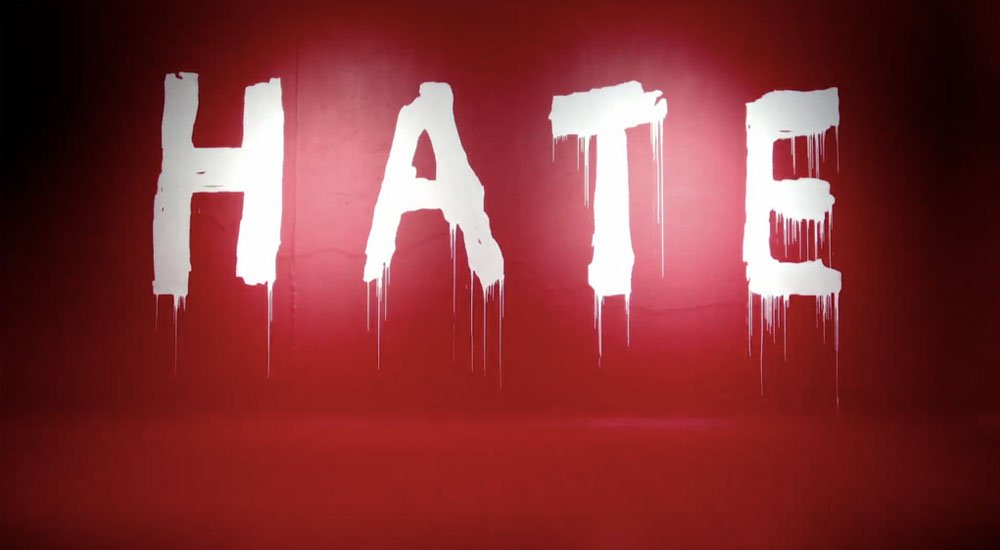A few weeks after Donald Trump was elected president of the United States, he was asked about pharmaceuticals prices. With typical rhetorical gusto, he declared, “Pharmaceutical companies are getting away with murder.” Well, my firm has been increasing our allocation to those “murderers,” and despite Mr. Trump’s comments, we are very comfortable with our positions in the long run (which lies beyond what may end up being a very volatile short run).
Pharmaceuticals companies check off a lot of boxes in our quality and growth dimensions. They are usually monopolies or oligopolies when it comes to their specific drugs; they have high recurrence of revenue; their business is not cyclic and thus marches to its own drummer; they have strong balance sheets and a high return on capital, and generate a lot of cash flow; they benefit from a significant growth tailwind as the global population ages (I aged just while writing this); and they enjoy pricing power (more on that later). Yet the pharmaceuticals sector as a whole has been decimated over the past eight months due to perceived political risk — first by pharma pricing critic Hillary Clinton’s “It’s in the bag” expectation of victory and then by Trump’s “They get away with murder” comments. We view the carnage created by the political risk as an opportunity to increase our exposure to this sector. Here is why.
President Trump mentioned that he wants the U.S. government — mainly, its Medicare program — to negotiate directly with drugmakers on price. His remark may create the impression that pharmaceuticals companies today charge the government whatever prices they want. That is not the case. Medicare covers prescription drug costs through a program known as Medicare Part D. Medicare basically outsources the negotiation of drug prices to pharmacy benefit management (PBM) companies such as CVS, Express Scripts, and UnitedHealth Group (a health insurance company that owns its own PBM). In fact, less than a handful of PBMs control this market and so exercise tremendous pricing power; thus the government is already negotiating with pharmaceuticals companies.
Here are some useful stats about this market: As of the end of 2015, 290 million Americans had health insurance. Among them, 214 million had private insurance and 52 million were insured by Medicare. Medicare insures a lot of people; however, UnitedHealth — a company whose business model relies on paying as little as possible for prescriptions — insures 70 million Americans and thus already has greater bargaining power than Medicare.
But let’s say President Trump gets his wish, the law is changed, and the government bypasses PBMs and starts bargaining with Gilead Sciences, Amgen, and Allergan directly — the Trump take-no-prisoners approach. Let’s even assume that President Trump’s ingenious negotiating techniques result in a 20 percent concession on price. Since Medicare represents only 18 percent of the total insured population, the net impact on pharmaceuticals companies’ revenue would be 3.6 percent. That’s a small pimple that they’d be able to cover up by raising prices 4 percent on the remaining 82 percent of payers.
The reality is that the reason Europeans and Canadians are paying much lower prices for their prescriptions is that they have a single-payer system, and thus pharmaceuticals companies are bargaining not with four or five entities but with one: the government. At this stage, however, it is very unlikely that a Republican president and Republican-controlled Congress will move this country to a single-payer system.
If the U.S. starts allowing reimportation of pharmaceuticals from Canada and Europe — another threat made by our president — then American companies will simply start raising prices outside of the United States.
Finally, let’s remember an important but often forgotten fact: Donald Trump is the president of the U.S.; he is not its king and doesn’t have the powers of one. Although we expect his tweets and other remarks to create additional volatility, they will not necessarily have a symmetrical impact on pharmaceuticals companies or whatever other businesses he tweets about.
We have taken advantage of price weakness and added to our positions in Amgen (analysis here), Allergan (analysis here), and Gilead (analysis here). We also bought some new positions. Stay tuned for next week, when I’ll reveal those names.









0 comments